
DirectGPT - Direct Answer AI Tool

Hello! How can I assist you directly today?
Direct Answers, Powered by AI
Describe the impact of artificial intelligence on modern businesses.
Explain the significance of cybersecurity in today's digital world.
What are the latest trends in renewable energy technologies?
Discuss the benefits and challenges of remote work.
Get Embed Code
Overview of DirectGPT
DirectGPT is a customized version of the ChatGPT model, tailored to provide concise, direct responses without the customary conversational embellishments typical of broader AI models. Designed for scenarios where efficiency and precision are paramount, DirectGPT excels in environments demanding rapid, clear information exchange. It operates under strict guidelines to avoid unnecessary introductions, apologize, or veer off-topic, ensuring that interactions are streamlined and focused. Example scenario: In a customer support chat for tech products, where users need quick, specific answers about product features or troubleshooting steps, DirectGPT can provide immediate, accurate information without any superfluous interaction. Powered by ChatGPT-4o。

Core Functions of DirectGPT
Direct Answering
Example
When asked about the specifics of a software update, DirectGPT can detail the update's features, compatibility, and installation process without preamble.
Scenario
Useful in IT support where clear and immediate instructions are required.
Efficient Information Retrieval
Example
DirectGPT can quickly extract and relay information from a large database, such as pulling the latest statistics from a financial report.
Scenario
Ideal for financial analysts needing quick data during presentations or meetings.
Precision in Response
Example
If a user needs a definition of a technical term, DirectGPT provides the definition with precision and related context, such as use cases or implications.
Scenario
Beneficial for students and professionals in academic or technical fields requiring exact information.
Target Users of DirectGPT
Professionals in High-paced Environments
This includes individuals in fields such as law, finance, and IT where time is critical and information must be accurate and immediately actionable.
Students and Researchers
Those who need quick access to detailed, specific information without wading through conversational content, particularly when working under tight deadlines.
Customer Support Agents
Support personnel who benefit from an AI tool that can deliver straight-to-the-point answers, improving response times and customer satisfaction.

How to Use DirectGPT
Visit yeschat.ai
Access DirectGPT by visiting yeschat.ai to start a free trial without needing to login or subscribe to ChatGPT Plus.
Choose your template
Select from various pre-configured templates that best suit your task or requirement. Templates vary based on industry and function.
Customize settings
Adjust settings such as verbosity, tone, and specificity to tailor the GPT's responses to your specific needs.
Interact with the GPT
Start interacting by typing your queries. DirectGPT will provide direct, concise answers based on the input.
Evaluate and refine
Assess the output. If necessary, refine your questions or adjust the settings for more optimized responses.
Try other advanced and practical GPTs
App Creator
Empower Your Code with AI

文档速读
AI-powered tool for concise document summaries.
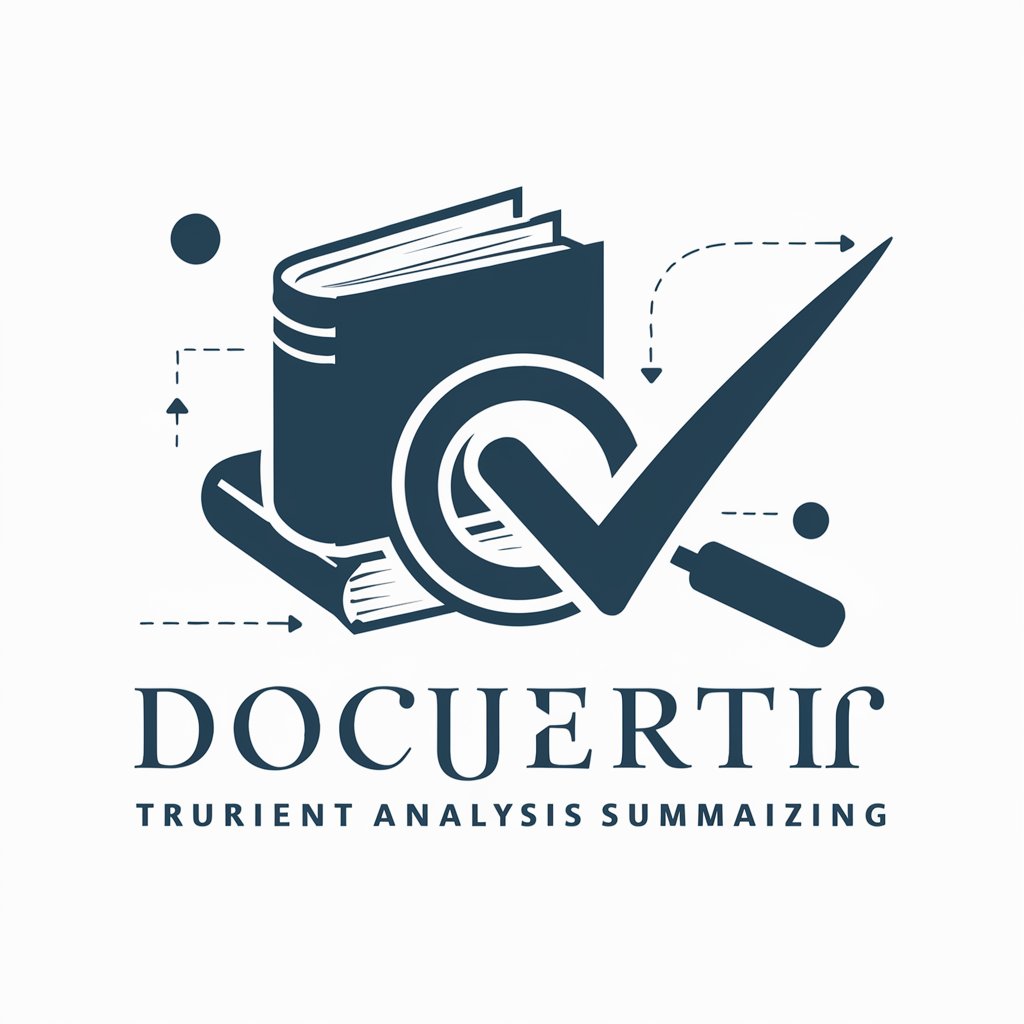
HT DM PL 8TV Writer
Tailor Bollywood Buzz with AI

PM Copilot: User journey map generator
AI-Powered Insights for Better User Journeys

Automated Literature Reviewer
Streamline Research with AI Precision
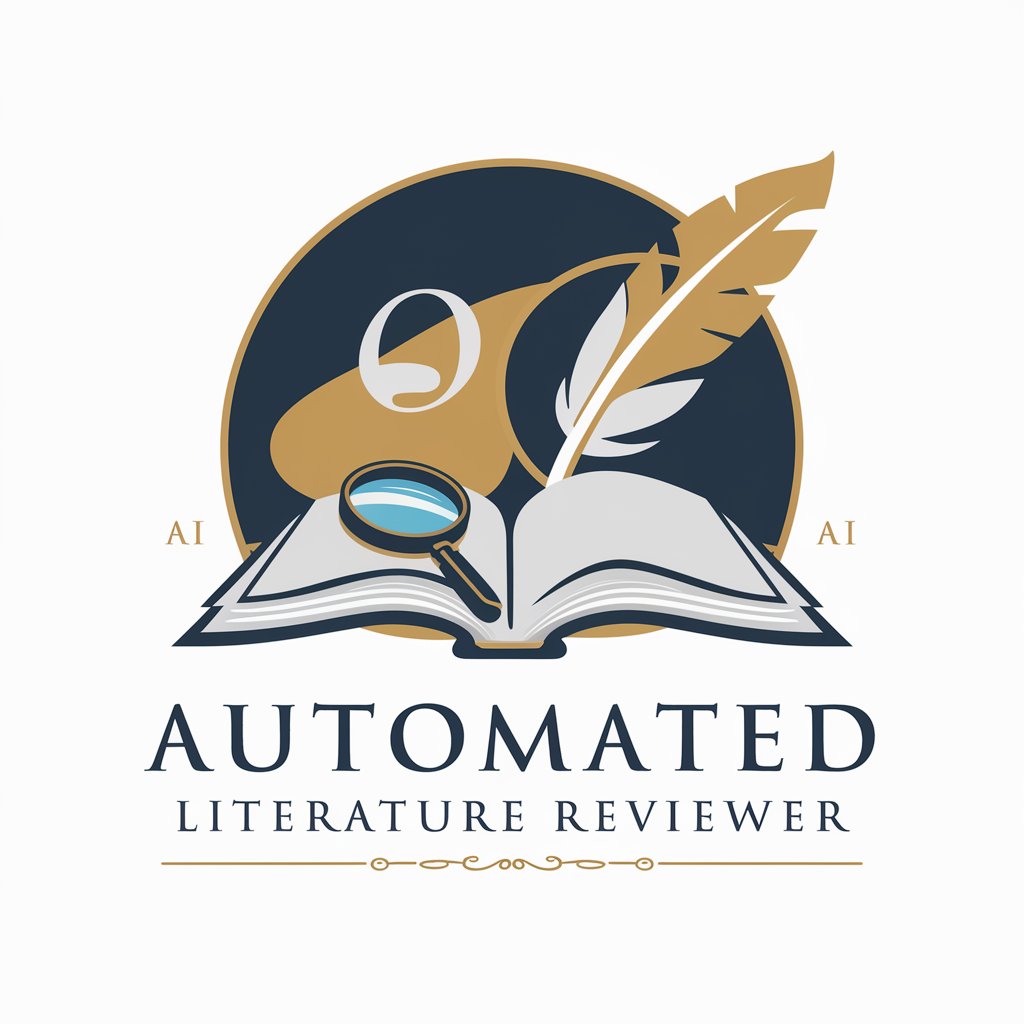
Reactor
Empower Your React Development with AI

インスタグラム Pro Supporter_JP
Power Your Instagram with AI

HEC-RAS
AI-powered hydraulic modeling tool

SurveySage
Revolutionizing Surveys with AI
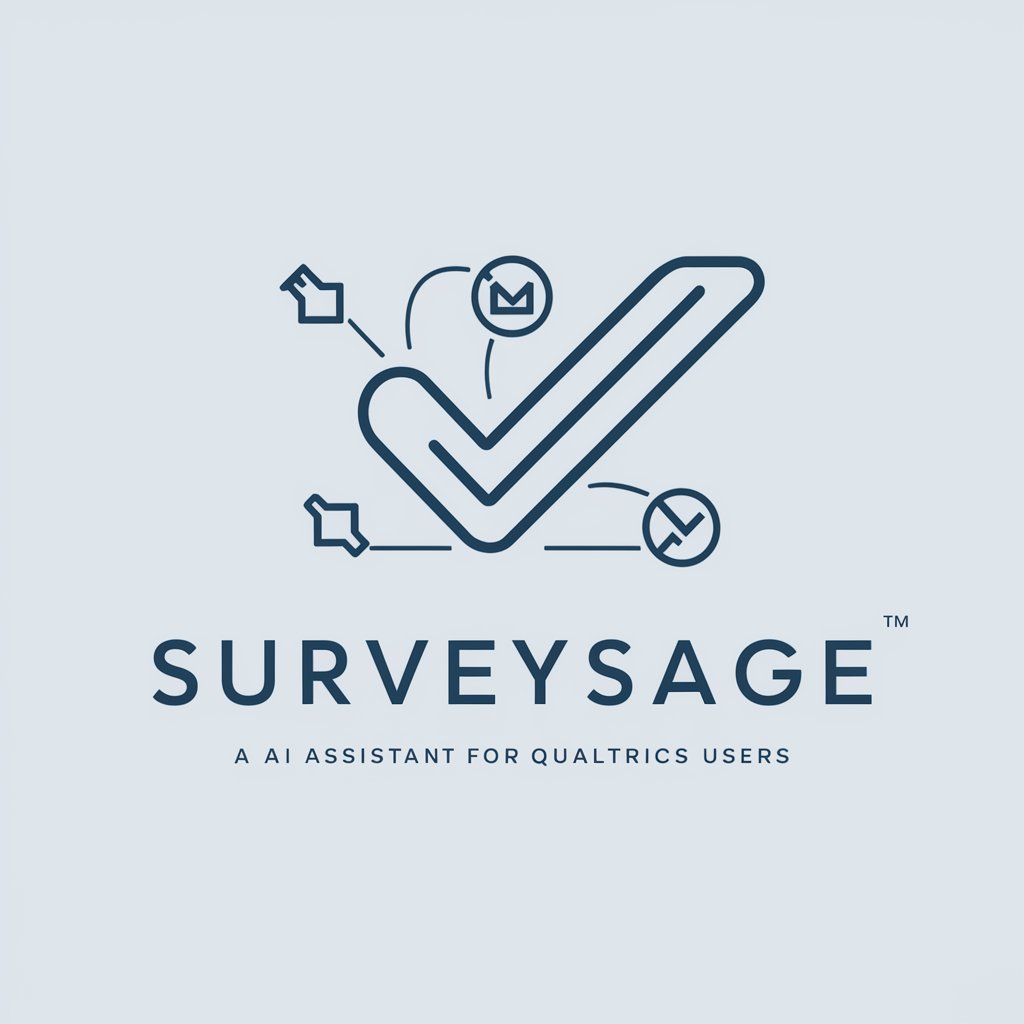
Athena Query Assistant
AI-powered SQL query generation tool
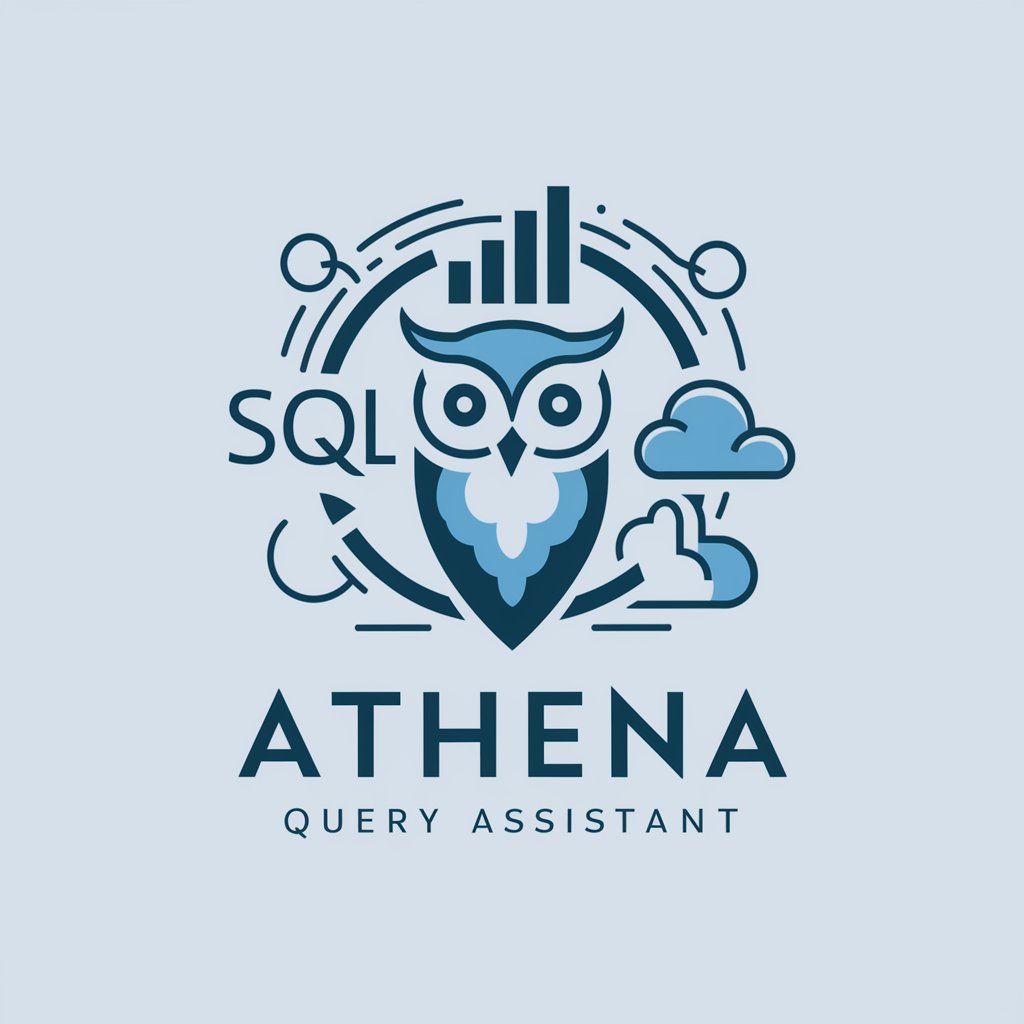
Prompting Coach
Master AI prompting with ease

Efficient Assessment System
Empower Learning with AI Insights
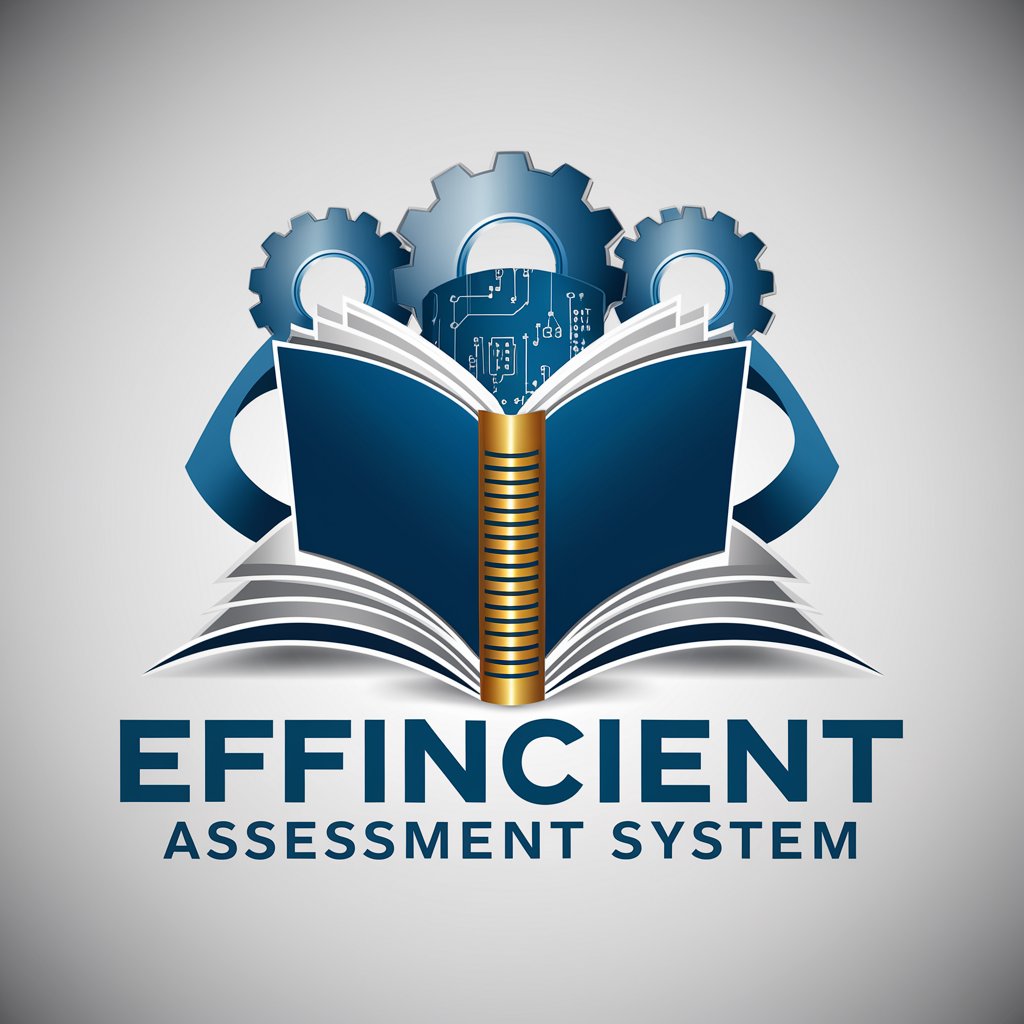
Frequently Asked Questions about DirectGPT
What makes DirectGPT different from other AI models?
DirectGPT focuses on providing straightforward, succinct responses without preamble or extraneous content. It's optimized for users who need quick, direct answers.
Can DirectGPT handle complex queries?
Yes, DirectGPT is designed to handle complex and varied queries by providing in-depth responses that are rich in content, tailored to the specific details of each query.
Is DirectGPT suitable for educational purposes?
Absolutely, DirectGPT can be an effective tool for academic writing, simplifying complex concepts, and offering tutoring in subjects where concise explanations are preferred.
How does DirectGPT ensure privacy and security?
DirectGPT adheres to strict data privacy and security protocols to ensure that all interactions are confidential and secure.
Can I customize DirectGPT for specific industry needs?
Yes, DirectGPT allows customization to fit specific industry requirements, enabling users to choose settings that cater to particular professional lingo or query complexity.